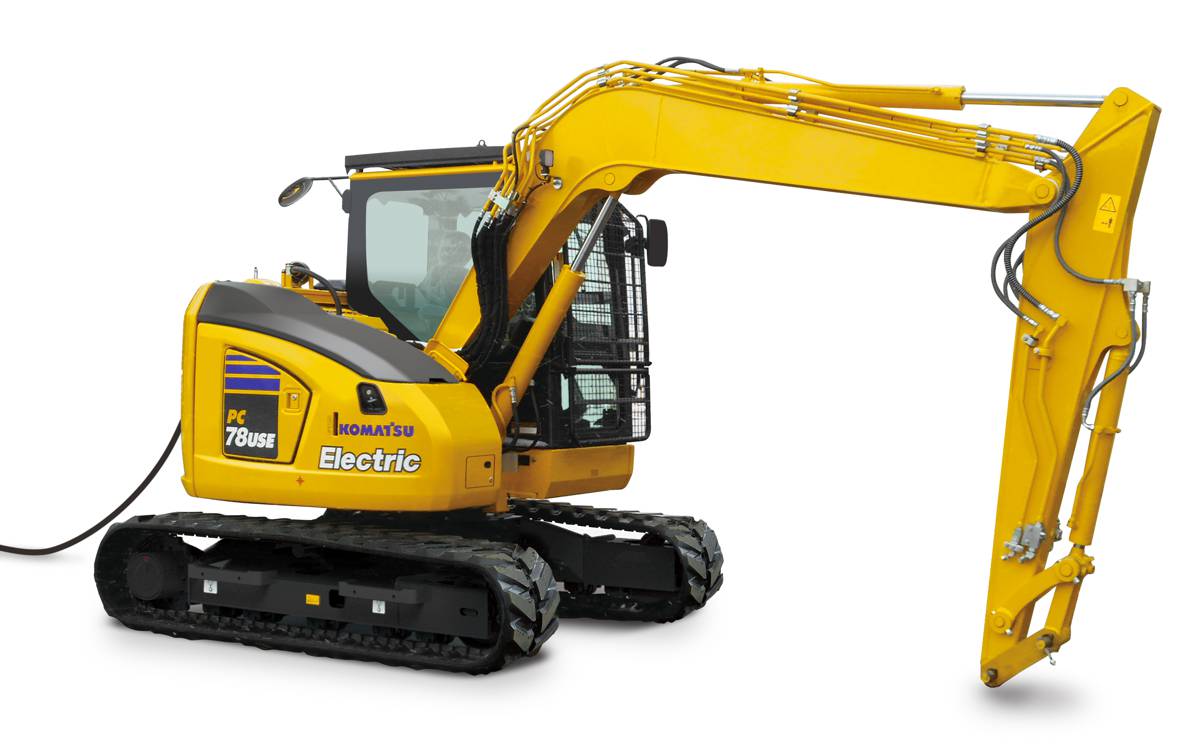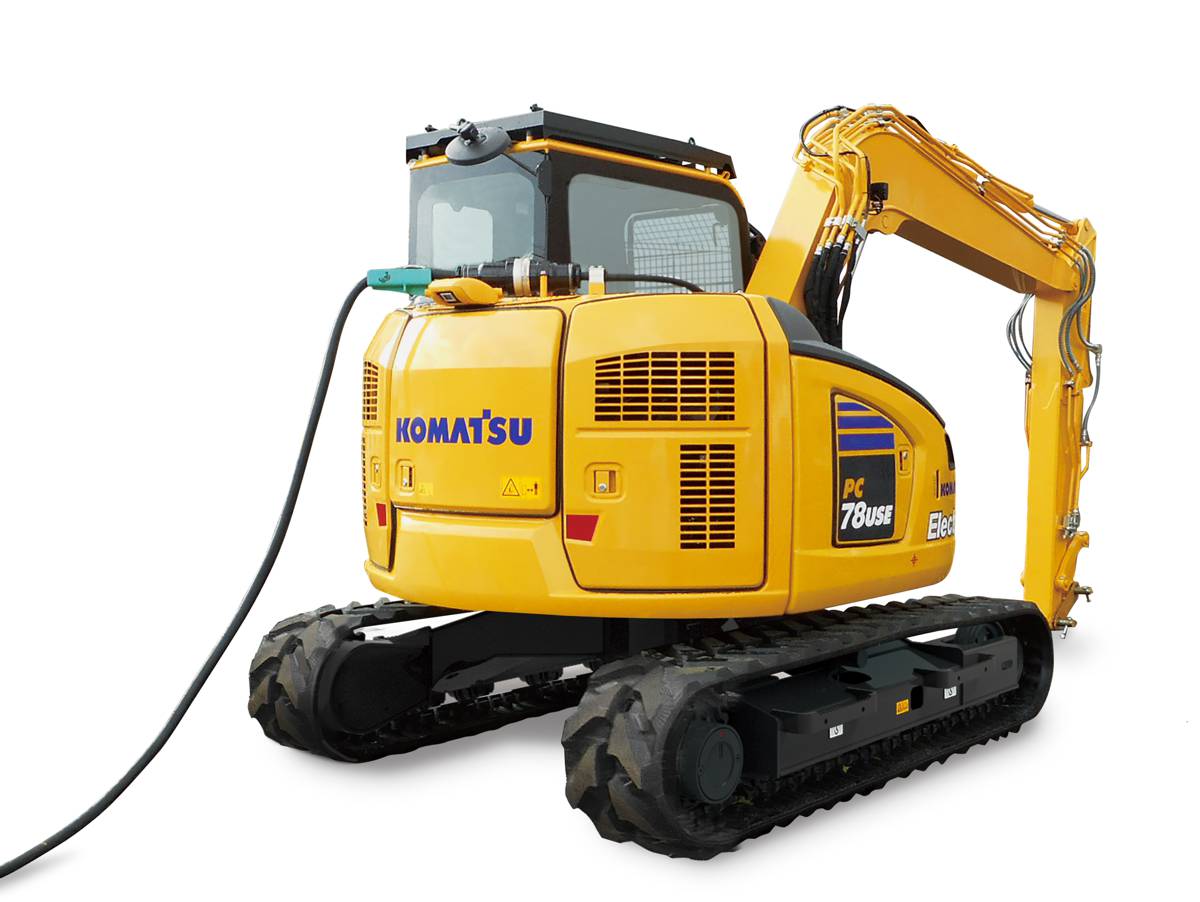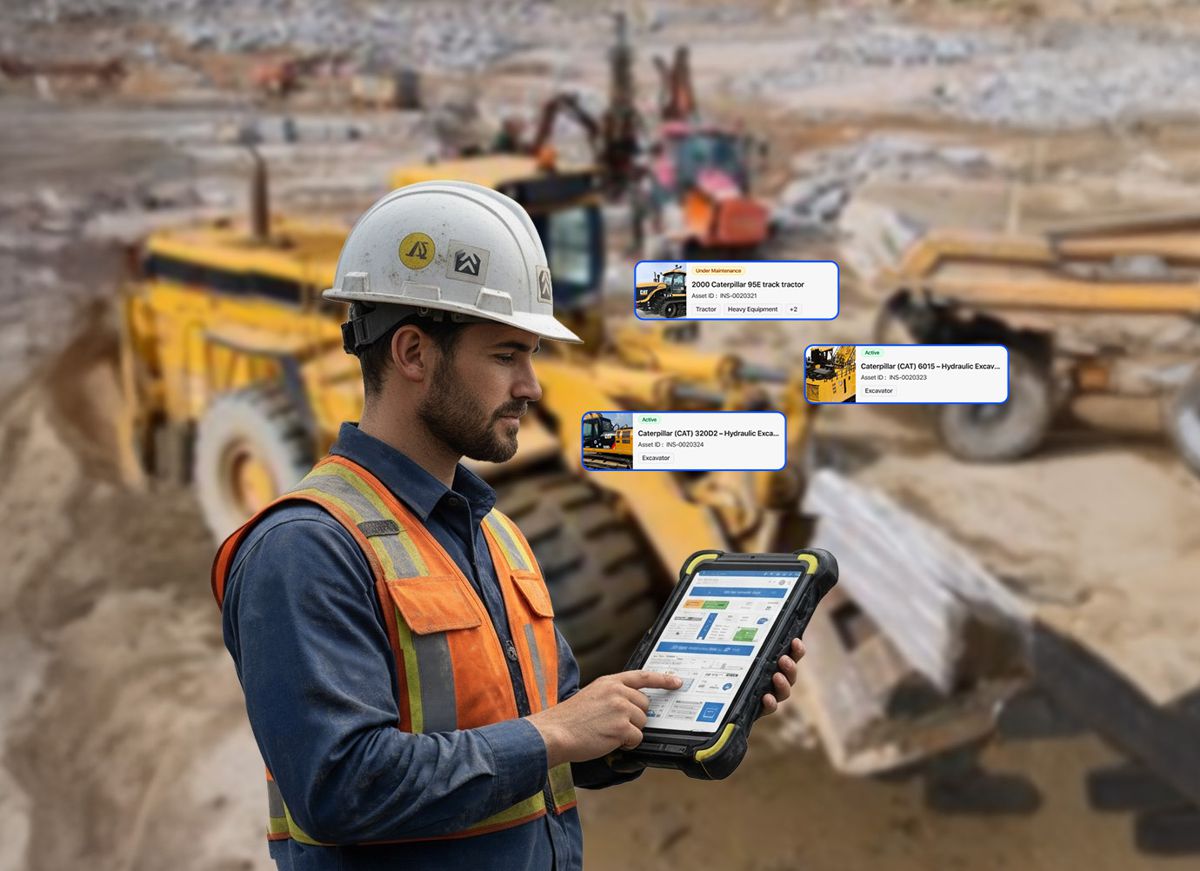New Komatsu electric Excavator uses a tethered power cable for non-stop efficiency
Komatsu is rolling out the wired electro-hydraulic excavator “PC78USE-11” to the domestic Japanese market, introducing a whole new category of construction equipment that has all the benefits of electric, but without the bulky and expensive battery packs, making it ideal for defined space job site operations.
With the aim of meeting the needs of customers who want to use electro-hydraulic excavators continuously for a long time, this tethered machine is based on the technology that Komatsu has cultivated and demonstrates the same work performance as the engine-driven excavators.
The environment-friendly small and medium-sized wired electric hydraulic excavator achieves “zero emissions” and significantly reduced noise and heat.
By adopting an electric motor as the drive source and achieving Net Zero, and drastic reduction of noise, heat exhaust and vibration, it improves the safety and comfort of the work site and contributes to the reduction of stress on the operator.
In addition, the characteristics of the electric motor extend the life of the vehicle and eliminate the need for refuelling and maintenance work required around the engine, reducing the running cost of the vehicle. As the power is directly supplied by a single cable, unlike rechargeable electric vehicles, it can be operated continuously for a long time without worrying about the remaining battery power, so it is especially used at work sites that require 24-hour operation such as industrial waste treatment plants.
You can expect an improvement in productivity. Komatsu will also consider introducing a battery-powered electric vehicle of the same class in the future in order to further improve customer convenience.
Komatsu introduced the battery-powered mini excavator PC30E-5 to the domestic market in 2020, and is also promoting the electrification of other models, including joint development with external partners.

Zero emissions
A clean work environment is realized by “zero emission” at the operation site. It is friendly to the environment around the vehicle and is widely used in sites where a power source (three-phase AC 400V) can be secured, such as industrial waste treatment in factories and work on automobiles and home appliances.
Cheaper running costs
The electricity bill used is cheaper than the light oil bill, and running costs can be kept low. It is even more environmentally friendly and economical if you utilize the surplus electricity from the solar power generation equipment and boiler power generation equipment installed in the factory.
Reduced maintenance
In addition, maintenance work such as daily refuelling, engine oil replacement, and other filter replacements can be significantly reduced, contributing to improved customer productivity and profitability.
Reduced operator fatigue
Since it is not equipped with an engine, the vibration transmitted to the operator has been greatly reduced. You can work comfortably with less stress and fatigue during work.
Comfortable work environment
Since it is not equipped with an engine, the amount of heat exhausted from the vehicle body is small, and it is difficult for heat to affect the surroundings of the vehicle body, which contributes to improving the working environment.
Wired electric specifications are also effective for overheating and vehicle fire countermeasures in dusty industrial waste factories.





























